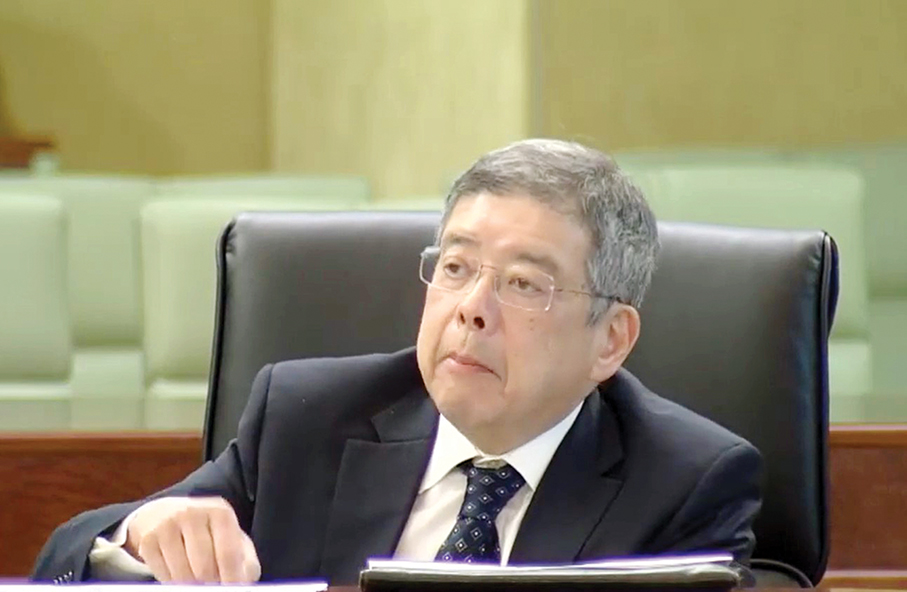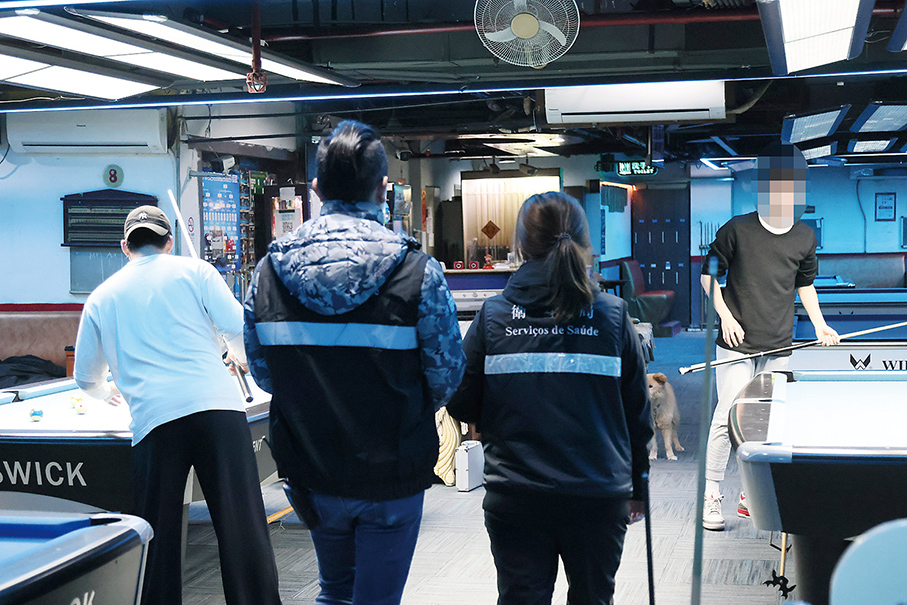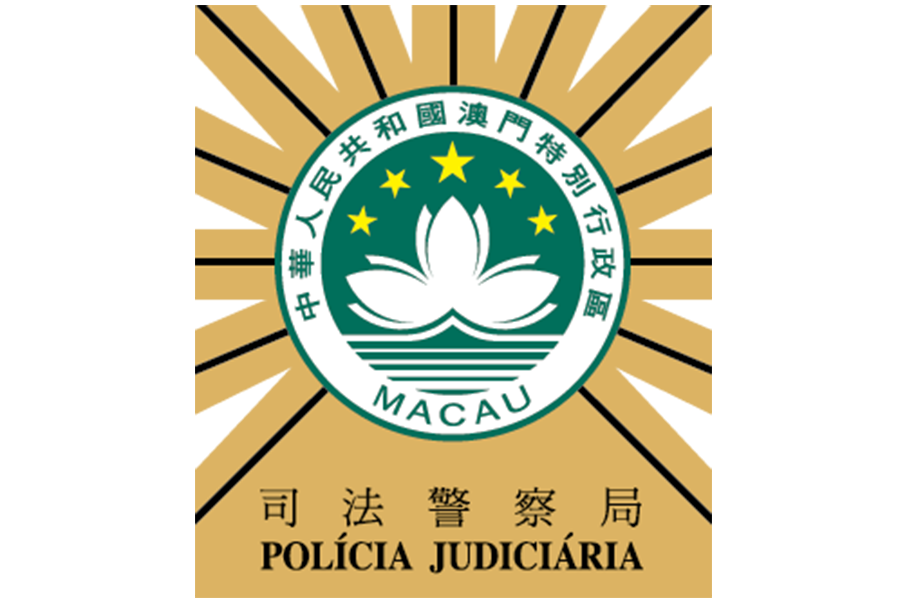The Legislative Assembly (AL) unanimously passed yesterday the outline of a government-initiated bill that proposes to liberalise Macau’s civil aviation sector by licensing the setting-up and operations of more locally headquartered airlines operating passenger transport services.
Secretary for Transport and Public Works Raimundo do Rosário introduced the outline of the bill regulating Macau’s civil aviation activities during a plenary session in the legislature’s hemicycle yesterday.
After yesterday’s passage of its outline, the bill will be passed to one of the legislature’s standing committees for an article-by-article review, after which it will be resubmitted to another plenary session for its second and final debate and article-by-article vote.
The policy secretary underlined yesterday that after the new civil aviation law takes effect, the government will only grant a small number of licences considering Macau’s small size of the commercial air passenger transport services.
The Macau government decided in 2018 that it would liberalise the city’s civil aviation sector, when the Macau Civil Aviation Authority (AACM) told Air Macau, the city’s flag carrier, that the government had decided not to renew its monopoly concession, which was then initially scheduled to expire in November 2020.
Air Macau’s 25-year monopoly was granted in 1995, when Macau was still under temporary Portuguese administration.
However, the Macau Civil Aviation Authority announced in May 2020 that the government had decided to extend Air Macau’s monopoly concession for three years, because it was then still drafting a new piece of legislation on liberalising Macau’s civil aviation sector, as well as with the aim of ensuring the stability of the civil aviation sector which was then affected by the COVID-19 pandemic.
The three-year extension of Air Macau’s monopoly concession as a locally headquartered airline started on November 9, 2020.
During yesterday’s plenary session, Rosário noted that the bill will replace the current administrative regulation (by-law) on Macau’s civil aviation activities, which was promulgated in 2004.
Rosário said that the bill proposes the licensing of companies operating commercial air passenger transport services, a change from the current regulation which only permits an exclusive concession on commercial air transport services.
According to Rosário, the bill proposes to licence the setting-up and operations of more locally headquartered airlines operating passenger transport services through public tender.
However, the policy secretary pointed out, the bill stipulates that the number of licences to be granted will be determined by the chief executive in an executive order.
The bill proposes that each licence will be valid for 25 years.
Rosário noted that the licensing system proposed by the bill will only be applicable to passenger airlines, i.e., it will exclude cargo airlines, helicopter operators for passenger transport services, and corporate jet companies.
Moreover, the bill proposes that after the new law takes effect, Macau’s current concessionaire for commercial air transport services, i.e., Air Macau, will be automatically granted a licence for commercial air passenger transport service without the need to participate in a public tender. The current concession will remain valid until the respective licence is granted.
Rosário noted that the bill aims to ensure that Air Macau will be one of the future licence holders for commercial air passenger transport services.
The policy secretary also said that the government is already making preparations for the future public tendering for granting the new licences to passenger airlines.

Secretary for Transport and Public Works Raimundo do Rosário addresses yesterday’s plenary session in the Legislative Assembly’s (AL) hemicycle.
– Photo courtesy of TDM








